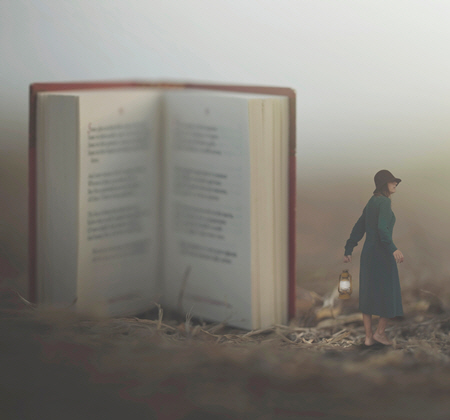 Open up to new possibilities by…
Open up to new possibilities by…
…breaking the rules, old habits, and outdated patterns.
We all want to be seen, loved, and heard – and know that we matter.
Feeling valued and cared for is essential if we are to thrive, yet feeling seen for who you truly are in therapy can be very uncomfortable.
You might feel uncomfortable, as though you’re breaking some “rules.” These are rules that tell you, “Don’t trust anyone,” “Say (or do) the right thing,” “Be loyal,” “Be polite,” and “Be nice.”
We will explore why these rules are there in the first place and if they need to change for you to live with more ease and less suffering.
Create more choices in your life.
The objective is to create more choice and possibility and understand what impedes being courageous, trusting, speaking up, and leaving.
Saying the ‘right’ thing because you want to differs from saying it because you think you should.
Choosing to say “yes” because you want to differs from saying it because you can’t say ‘no.’ Pretending to be something we’re not is exhausting.
All strategies work for the child. But wherever the child draws down the blinds,
he or she has less choice as an adult.
– Alice Miller
 Slow down the process.
Slow down the process.
The importance of “The Pause” is that it increases our capacity to respond rather than react.
When you get anxious or upset, you probably get busy doing the same things you’ve already done that may temporarily provide relief.
The endless cycle of “event – reaction – suffering” continues. If your fear keeps you running from your past, avoiding the present, and dreading the future, it is important to get to know your fear.
The difference in therapy is you won’t be cycling through habitual responses alone. It’s my job to help you navigate the experience, learn what you can now, and emerge feeling more grounded, calm, and/or stronger.
Between the stimulus and the response, therein lies my freedom.
– Victor Frankl
Paradoxical Theory of Change – The unfamiliar is your friend.
It’s counterintuitive to turn toward what is upsetting us, causing pain, discomfort, anxiety, or fear. The “curious paradox” noted by Carl Jung long ago is that you are more likely to change if you pay attention to who you are, what you are feeling, and what is true, than if you struggle or coerce yourself to be something different. This is the approach we will take in our work together – patiently with curiosity and kindness.
No forcing. No coercing.
Truth does not get revealed in our thoughts. It gets revealed in a direct encounter with presence.
– Tara Brach
 Develop loving kindness for yourself.
Develop loving kindness for yourself.
An essential step in this exploratory healing process is to offer kindness toward yourself. This step is key to your overall health and well-being and to developing healthy personal and professional relationships. It’s also the hardest to put in practice.
I’m here to help you discover what obstacles are in the way of you accepting kindness from yourself. If you think you can skip this step, here’s the hard truth: you cannot keep offering to others something you cannot give to yourself.
Many (including myself) have tried. Eventually, it stops working, and you will feel the discrepancy between what you’re encouraging in others but refusing yourself. (Believe me, after many decades on the planet and pretending to do it, I know this one.)
 Integrate Mind/Body/Emotion.
Integrate Mind/Body/Emotion.
Your thinking self is an integral part of who you are. A big part of what we’ll work on is connecting all of your ‘selves’ – mental, emotional, physical, and spiritual.
This process of integration is different for everyone because of individual needs, differences, and comfort levels. Some people are more challenged to find the freedom to share their thoughts and feelings and are not comfortable in their bodies.
I will guide you through simple mindfulness practices to stay connected with these various aspects of yourself; to discover the support available and the freedom possible when you do; moment-to-moment awareness that is open, accepting, and nonjudgmental of the constant flow of thoughts, emotions, and/or physical sensations.

